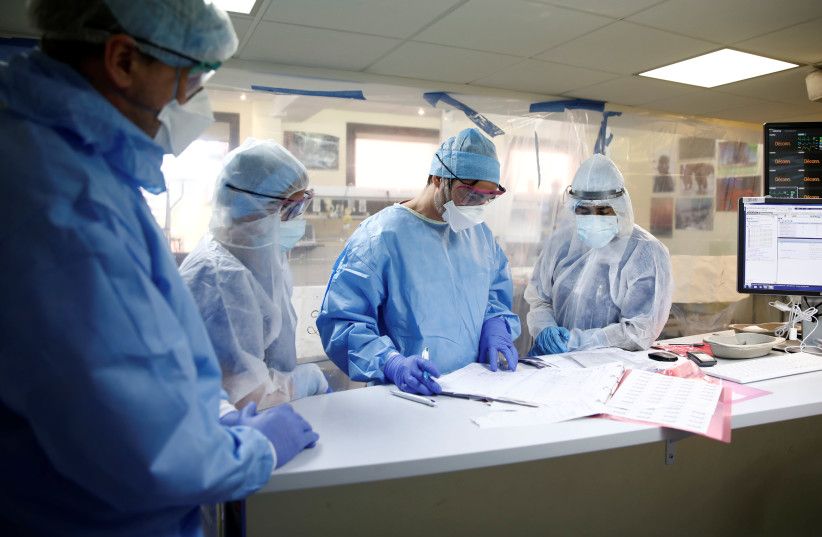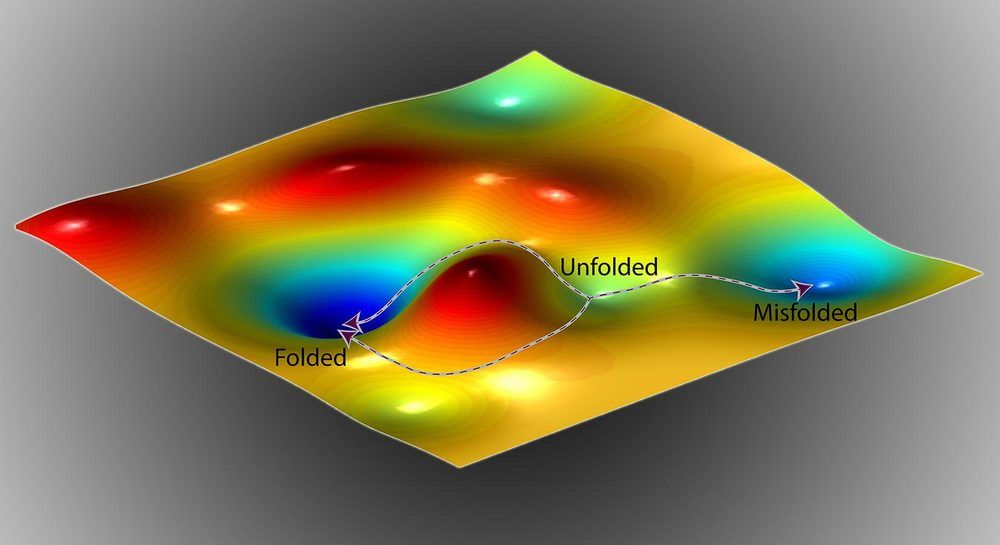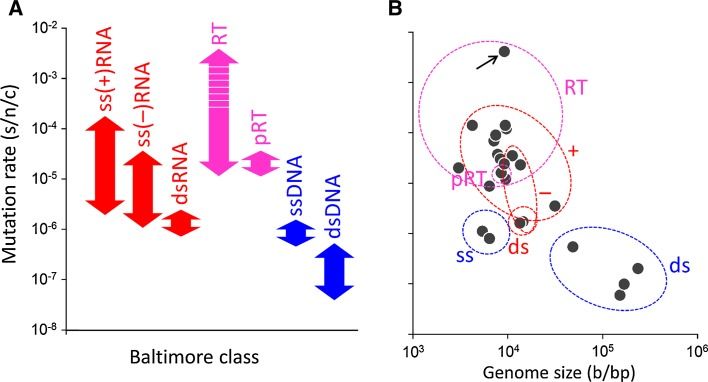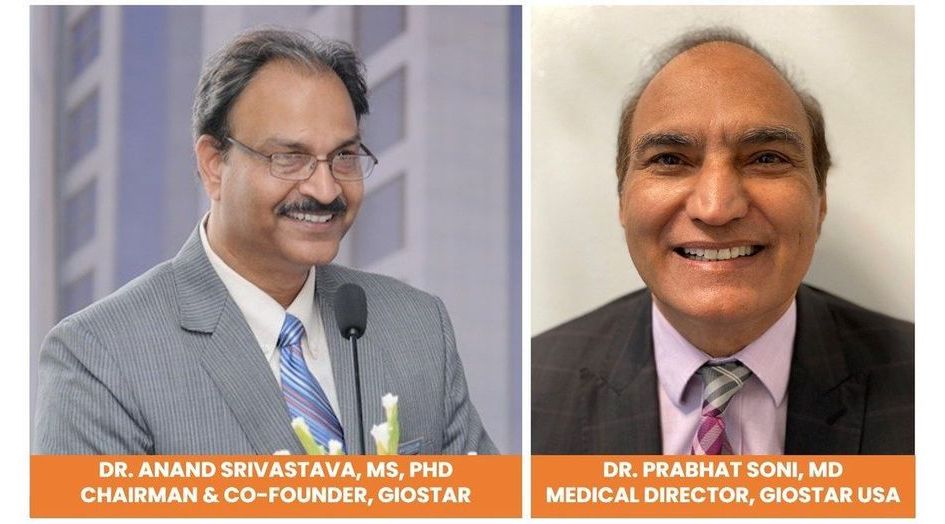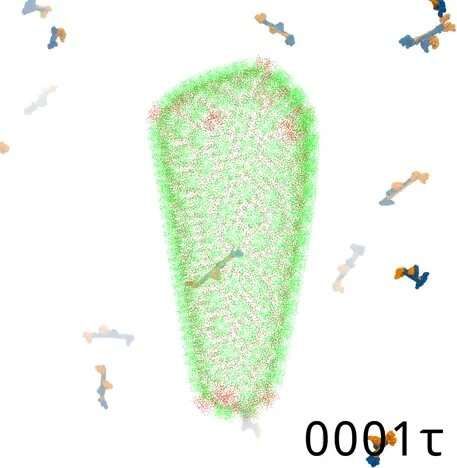Broad-spectrum antivirals are desirable, particularly in the context of emerging zoonotic infections for which specific interventions do not yet exist. Sheahan et al. tested the potential of a ribonucleoside analog previously shown to be active against other RNA viruses such as influenza and Ebola virus to combat coronaviruses. This drug was effective in cell lines and primary human airway epithelial cultures against multiple coronaviruses including SARS-CoV-2. Mouse models of SARS and MERS demonstrated that early treatment reduced viral replication and damage to the lungs. Mechanistically, this drug is incorporated into the viral RNA, inducing mutations and eventually leading to error catastrophe in the virus. In this manner, inducing catastrophe could help avoid catastrophe by stemming the next pandemic.
Coronaviruses (CoVs) traffic frequently between species resulting in novel disease outbreaks, most recently exemplified by the newly emerged SARS-CoV-2, the causative agent of COVID-19. Here, we show that the ribonucleoside analog β-d-N4-hydroxycytidine (NHC; EIDD-1931) has broad-spectrum antiviral activity against SARS-CoV-2, MERS-CoV, SARS-CoV, and related zoonotic group 2b or 2c bat-CoVs, as well as increased potency against a CoV bearing resistance mutations to the nucleoside analog inhibitor remdesivir. In mice infected with SARS-CoV or MERS-CoV, both prophylactic and therapeutic administration of EIDD-2801, an orally bioavailable NHC prodrug (β-d-N4-hydroxycytidine-5′-isopropyl ester), improved pulmonary function and reduced virus titer and body weight loss. Decreased MERS-CoV yields in vitro and in vivo were associated with increased transition mutation frequency in viral, but not host cell RNA, supporting a mechanism of lethal mutagenesis in CoV.



